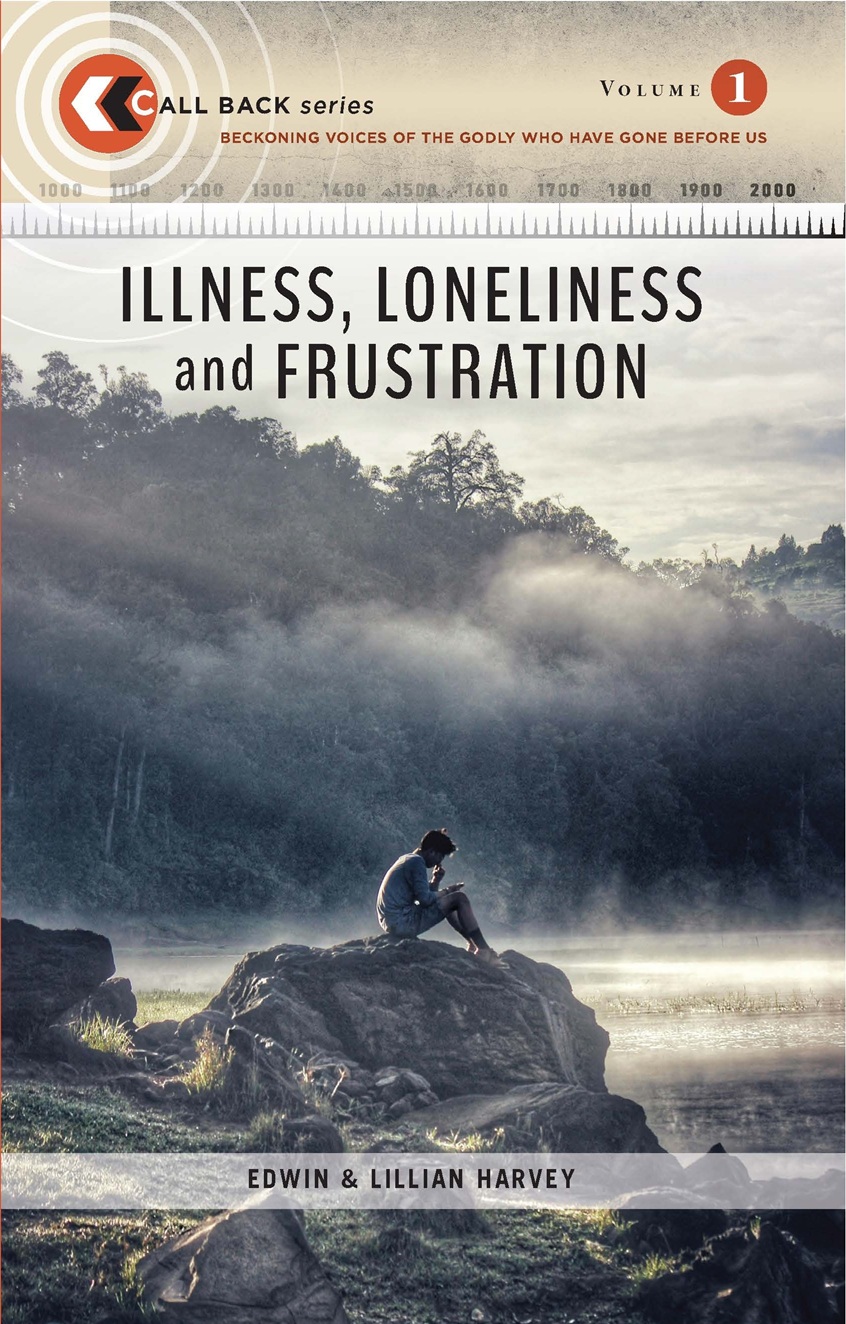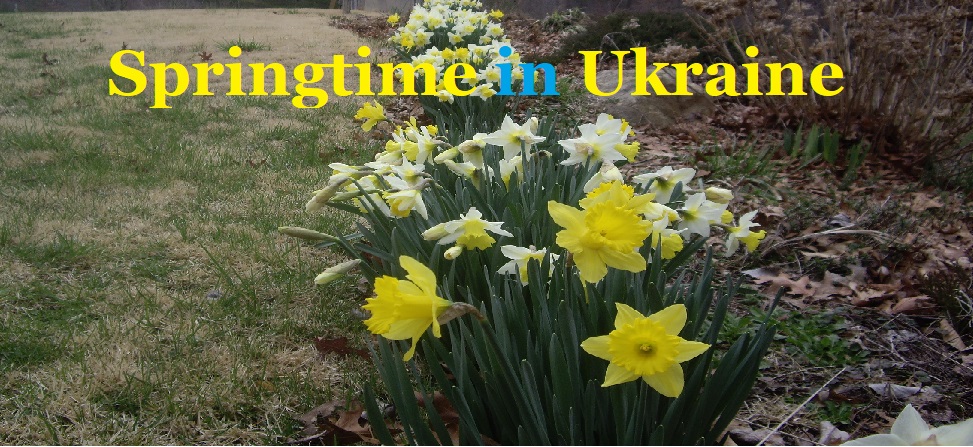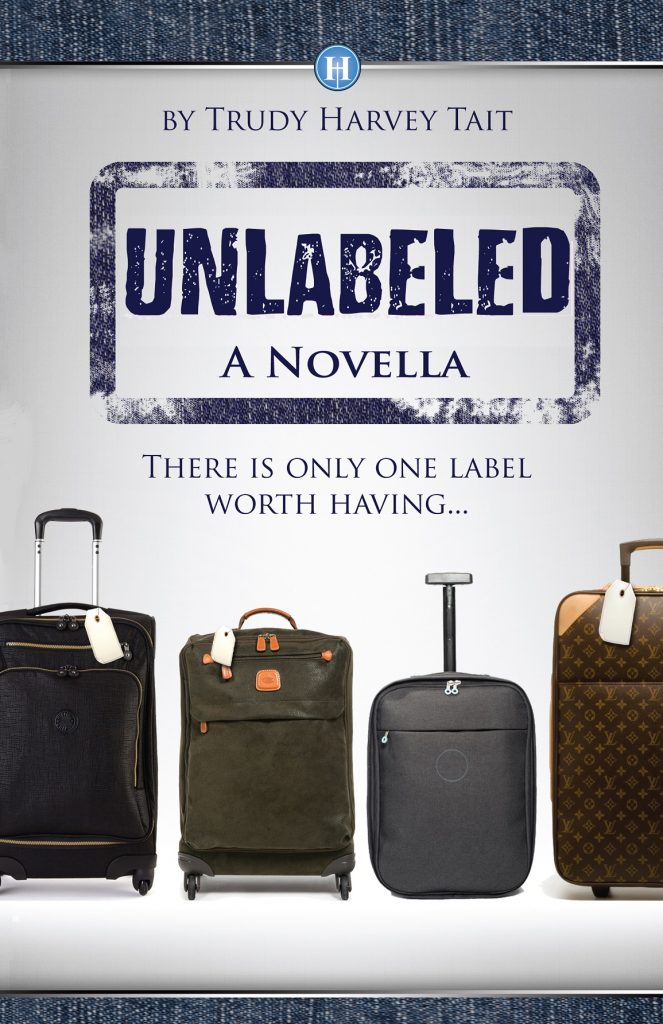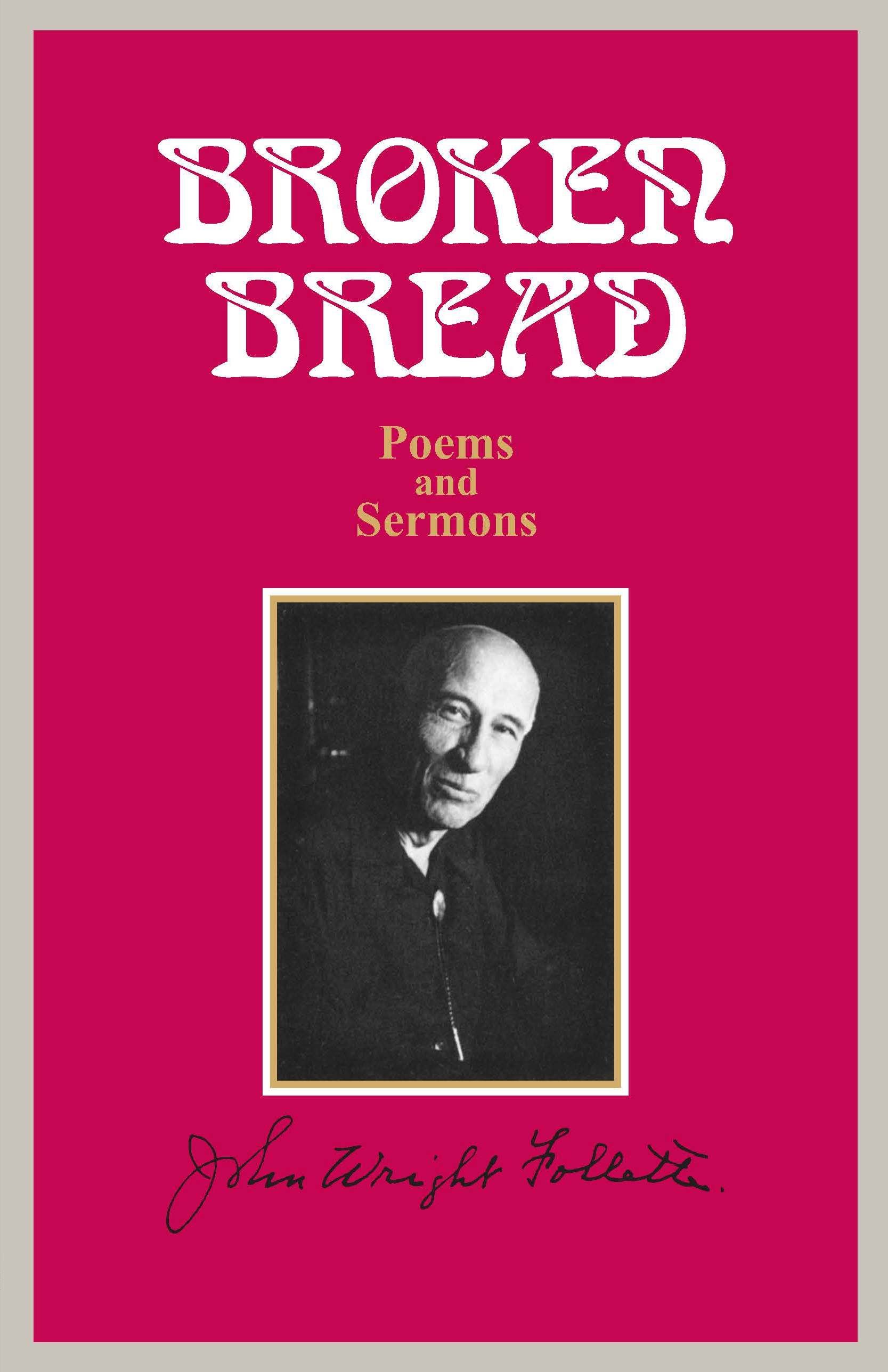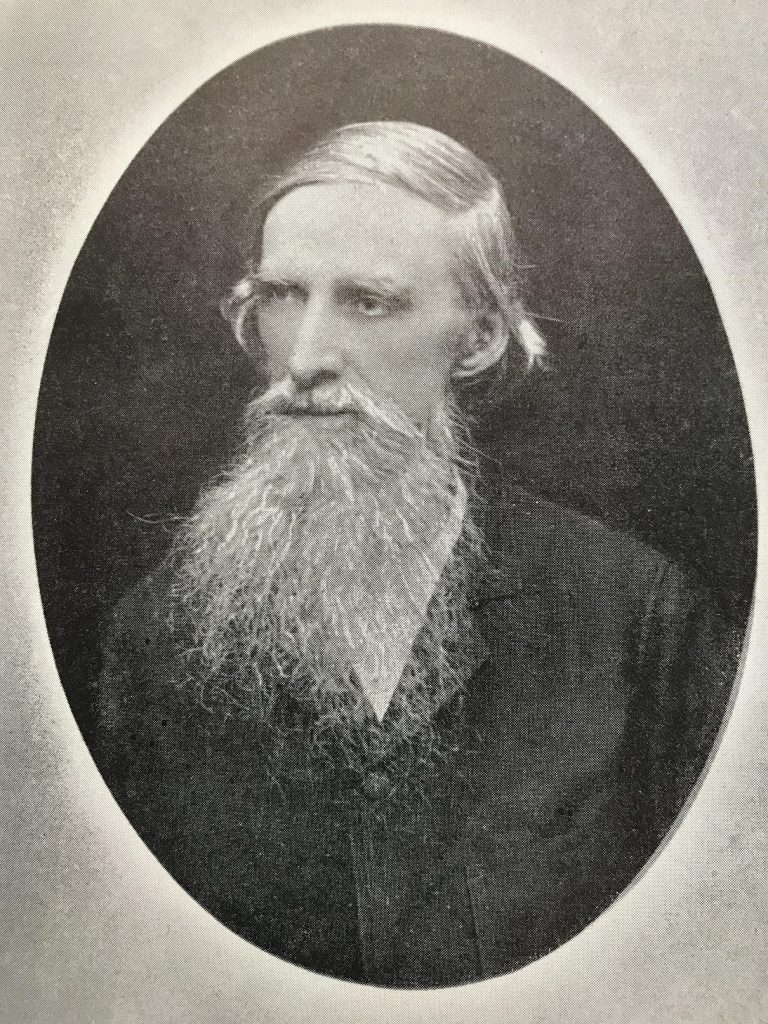Bereavement and loneliness go hand in hand especially when you have lost a beloved partner with whom you have enjoyed so much happiness, fellowship and love. Clara Langford, a Somerset schoolmistress, experienced such a loss and comforted many through her inspired poems. When her beloved husband met with an accident which caused much suffering and eventually resulted in his death, she tells how God helped her meet the dark hours of loneliness which followed:
“Oh, has He planned it right when darkness falls,
And all one’s world which once looked fair and bright
Had faded out of sight and sorrow reigns?
He’s planned it right.”
“Thus I wrote in my darkest hours,” Clara writes, when deepest sorrow and loss had touched my life, changing everything. Those of us who have suffered in this way, know how the sorrow returns like a flood to be fought by faith and prayer. It was so with me one May Sunday morning in the early days of my grief. I woke with a sense of depression. Rising early I dressed, made a cup of tea on my stove in my tiny bungalow—I could not eat—and gathering up my Testament, notebook and pencil, put on coat and hat, locked my door and set out to walk, in the loneliness of my spirit.
“It was a perfect morning and the countryside was lovely. I skirted the village for the woodland road. As I stood on the brow of the first meadow, with a sob in my throat, I said aloud, ‘Father Thou knowest, I am so distressed, so lonely, almost heart-broken, and the way seems very difficult—speak to me this morning before I return.’
“Then I wended my way down into the valley. A gate led into a peaceful and picturesque old lane shaded by trees. A stream sang its way through the meadow close by. Oh, the peace and loveliness of that morning as I slowly walked along that lane—walked with a sad, lonely heart and all the time, though I knew it not, my prayer was being answered.
“A little further on the lane widened into a woodland road and a gap in the hedge revealed a small clearing among the trees and a fallen ivy-covered tree trunk lay invitingly a few yards away, so I went in and sat on it.
“Looking around I saw young fern fronds springing up in clusters and at a short distance a large furze bush in all bright yellow blossom. I listened to the birds’ songs. I longed with an unspeakable longing for the touch of a vanished hand and the sound of a voice that was still, until I broke into uncontrollable sobbing until I was spent.
“Presently, I opened my Testament, asking for a message. My eyes lighted on St. Paul’s words to the Philippians, 1:12, ‘But I would ye should understand, brethren, that the things which have happened unto me have fallen out rather unto the furtherance of the Gospel.’ Oh, here was strength indeed!—Might not I too, make a pearl out of my grain of sand? I prayed that it might be so and that He would strengthen my heart—give me a new message.
“I lifted my eyes to the tops of the tall trees, beautiful in their new spring dress, then at the glorious blue of the sky above—I thought of life’s journey, now so lonely without the dear one who had made life rich and beautiful and in the intensity of my spirit I said, ‘Oh, Father, do you know when hearts are aching?’ Immediately another line came—I found notebook and pencil and discovered I was writing a poem.
“How long I sat there I cannot say, but verse by verse the inspiration came until it was finished and when I read the lines through I knew with a deep sense of gratitude and thanksgiving that God had indeed spoken to me that morning.
“And so it proved. It was requested—together with another poem—‘Answered prayer’—and was produced—beautifully illustrated in Golden Thought Series under the title of Solace, A Little Book of Comfort. Much blessing attended the publication of this little book. Over the world it went until more than one hundred and fifteen thousand copies had sold and countless messages were received, but I shall never know here, all that resulted through His leading that May Sunday morning.
“It is the first time I have told this story thus. I do so now hoping hearts that are lonely, troubled, bereaved, disheartened perhaps, may be helped and find solace and comfort through renewed faith and trust. ‘God is able to use you according to His power and not according to your weakness.’”
Here is the poem:
Oh Father, do You know when hearts are aching;
When summer days have fled and north winds blow,
Skies heavy, gray, and days so dark and lonely?
“My Child, I know.”
Oh Father, do You care when hours are empty,
Empty of all that made this world so fair—
When blessings once so precious, now have faded?
“My Child, I care.”
Oh Father, must we trust when ties are broken,
When loves of earth once strong and deep have gone,
And strange unwelcome things beset our pathway?
“Yes, Child, trust on.”
“Be of good cheer, Let not your heart be troubled.
Nothing can touch your life unless I will;
I, who have shared Life’s loneliness and sorrow,
Say ‘Peace be still.’”
—Call Back Vol. 1, pages 118-121

